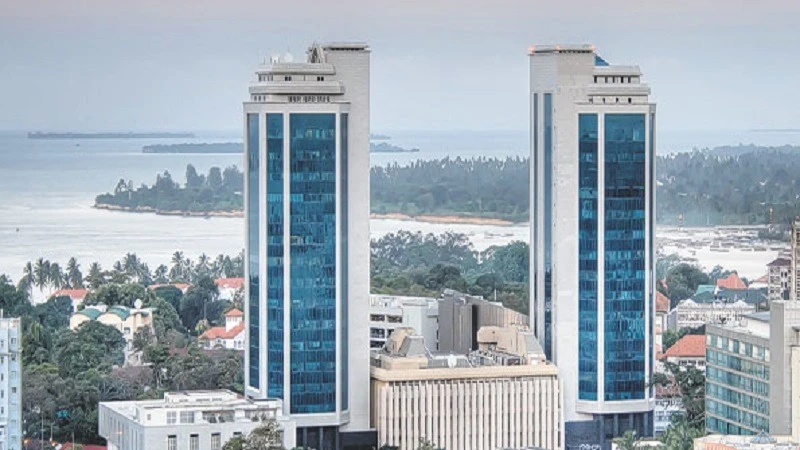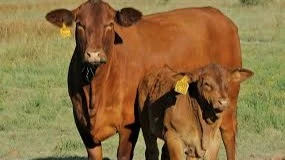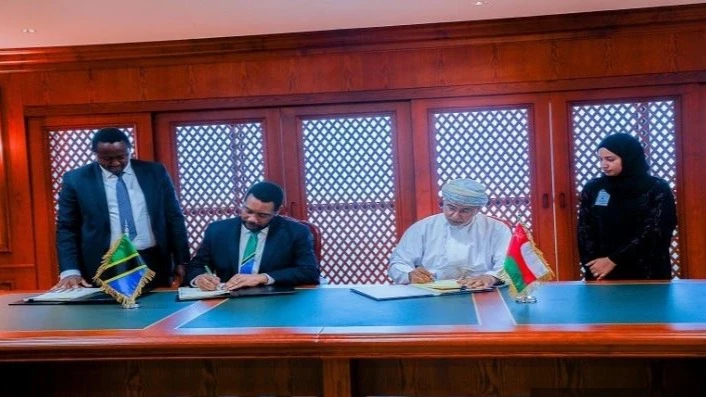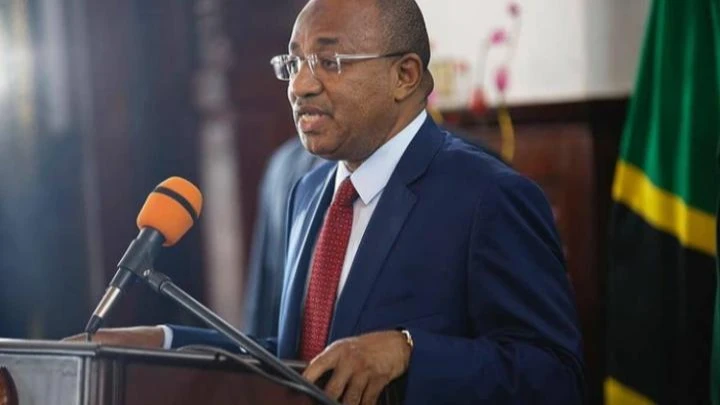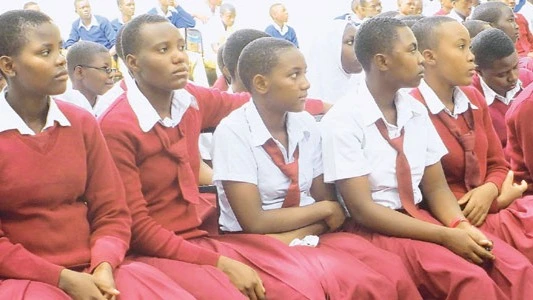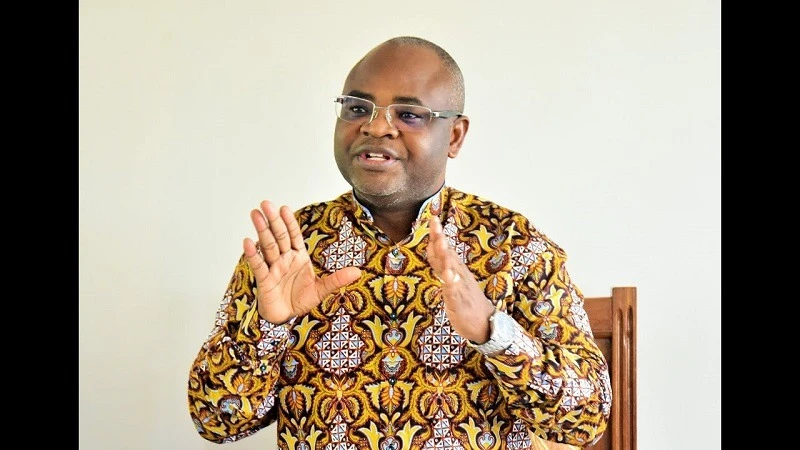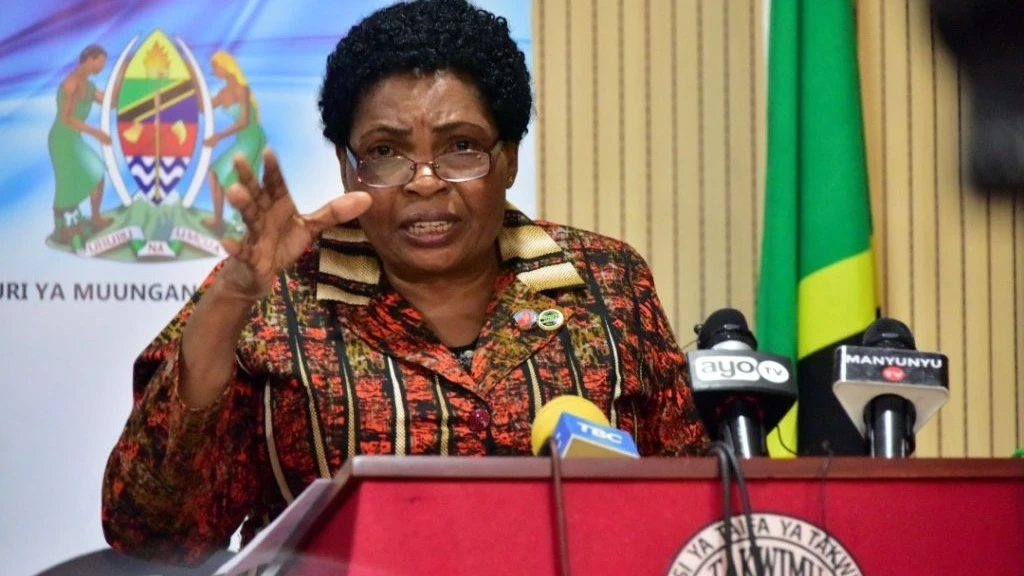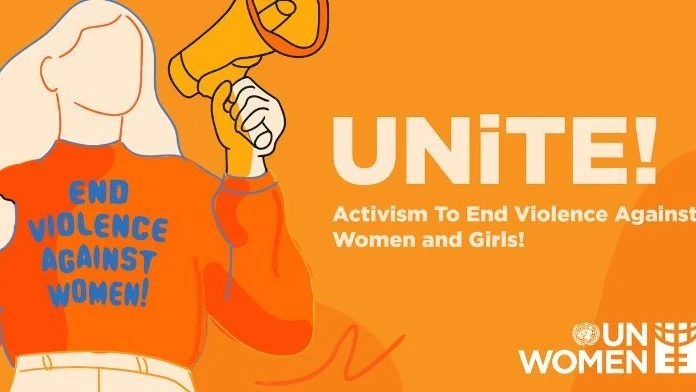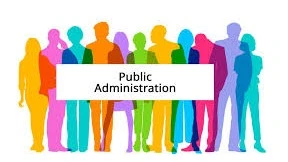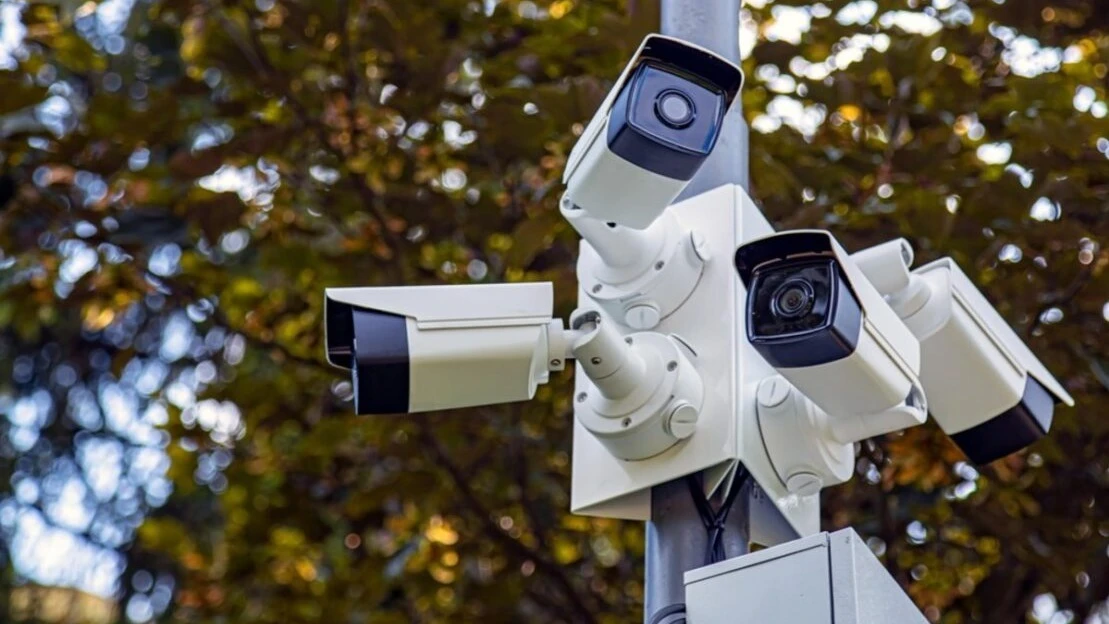Journalism is society’s safety net
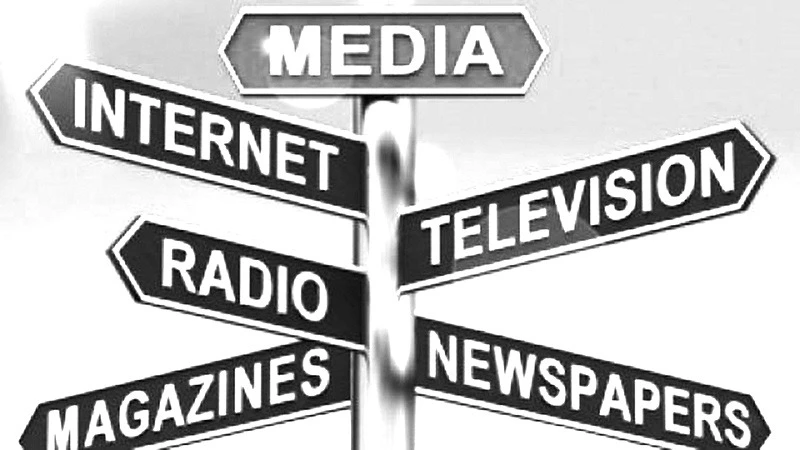
A record number of newsrooms have signed up for, and were therefore committed to raising awareness about World News Day 2024, recognising the positive influence of journalism the world over.
WAN-IFRA External Contributor
More than 600 news organisations, media associations, media support agencies and individuals from over 100 countries across all continents joined forces to bring awareness to the purpose of journalism, a trade that is under constant attack.
It was a day to pause and reflect on the importance of independent and often brave journalists who make a difference in their communities and countries, by providing the proof that leads to the truth.
Too often, he or she who shouts loudest on social media seems to be the newsmaker of the day, overshadowing the professional reporters and editors trained and determined to stand behind everything they publish.
Responsible journalism is a tough business when done properly. It necessarily confronts the easy, repetitive and instant swirl of polemicists and propagandists determined to derail life to fit agendas that are often based on uncertainty and exclusion.
Photographing events that happen, reporting out the facts; beginning with incomplete information and building a more complete file over time and ultimately ensuring, in the final edit, that the facts are pried out and placed squarely into the public discourse, is the business of mainstream media.
It is inefficient yet is a timeless tradition without parallel.
Professionals fight back against the hackneyed idea that belonging to the mainstream is somehow inferior to being extreme.
World News Day is a global initiative primarily meant to draw public attention to the role that journalists play in providing trustworthy news and information that serves citizens and democracy.
Commemorated each September 28, it is a day of awareness, to better explain journalism to the public at large. It is also a moment meant to provide room for media audiences and highlight how their meeting journalists improved their lives.
How, perhaps, finally, they were listened to. Or to reflect on the contributions of a newspaper to the body politic, or the cost of liberty for a reporter detained for no reason – other than that she or he could be – by those with armies at their disposal.
Amid the growing coarseness of public debate, the pride of independent journalism stands as a source of optimism and belief.
Often at significant personal cost, whistleblowers entrust journalists with secrets. Businesses, politicians and others in power increasingly refuse to meet reporters or explain themselves – but that doesn’t mean that they are unaccountable. The rot is still exposed by individuals.
This past year I met a source determined to get the truth out, but the conversations took place in a hot-tub to prove that I was not wearing a listening wire for the final interview. The story was worth it all, but I couldn’t have known that it would be when I started out on the four-month odyssey.
That’s the romance of the business that recruits and repays the indefatigable. Interest groups laden with bias threaten economic punishment: “I’ll cancel my subscription” or “we’ll pull our advertising.” Perhaps next year we will list those people who act that way.
So far, news organisations take the hit, and don’t make it public. But it is all an attempt to interfere with editorial independence, and it is wrong.
Attacks on journalists – including murder – run at record highs. Journalism was not created for the messenger to be shot.
But, while you can kill the journalist, you can’t kill the story. Others will take it on.
Look at journalists in Mexico or Iran if you haven’t received your daily dose of inspiration. The rate of impunity, killing journalists and not being arrested, creeps toward 100 per cent in some countries, but still the stories mount up.
‘A great miracle exists in the business of journalism: facts are not suppressible. Those in need understand it. And it is those least in need who fight us most: the powerful, terrified their world can’t be entirely controlled.’
That’s the magic of World News Day. As you talk to friends, and consider your community, village, town or the wider world, think about what you have learned today. There is a fair bet that journalism was involved. The story tellers, who come from your community, tell the facts, no matter how uncomfortable that can be.
That is why, unarmed and living in your community, they are targeted, hassled, belittled or threatened. And it is why they respond with more facts, more answers and more independence of thought – while maintaining the link between you and the wider world.
David Walmsley is Editor in Chief of The Globe and Mail as well as Creator of World News Day, Canada. He has this to say on this: “Journalists are a bridge as we build the future, supported by the capstone of our audience, who are as loyal and determined as the reporter and the editor.”
Together, on World News Day, if it feels at times that the vestiges of hope are falling away, it would still be worth remembering that the safety net of journalism is there.
• A dispatch by the World Association of News Publishers (WAN-IFRA).
Top Headlines
© 2024 IPPMEDIA.COM. ALL RIGHTS RESERVED






